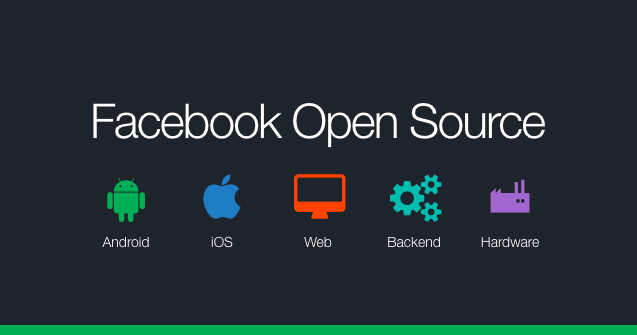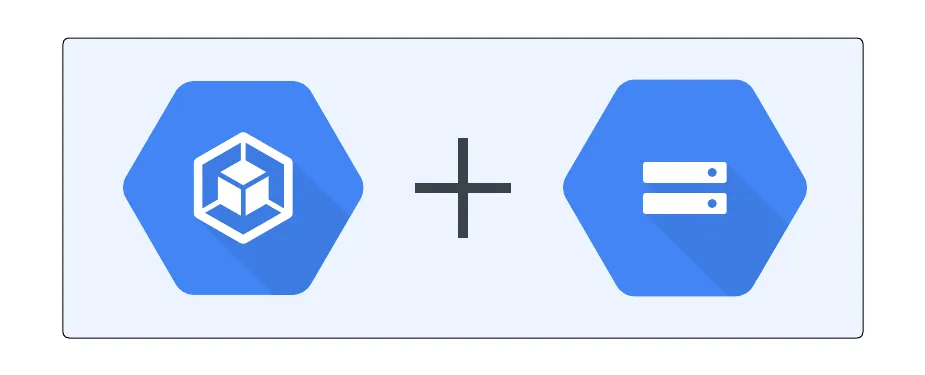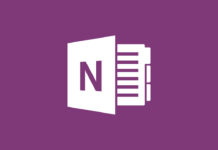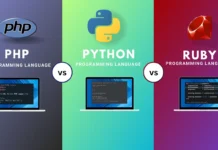FUSE (Filesystem in Userspace) is a library that allows developers to create custom filesystems. These custom filesystems can be used for a variety of purposes, such as:
- Storing data in a specific format: For example, a custom filesystem could be used to store data in a proprietary format that is not supported by other filesystems.
- Providing a virtual interface to a remote storage system: A custom filesystem could be used to make a remote storage system appear as a local filesystem on a user’s computer.
- Implementing a specific policy for data access: A custom filesystem could be used to implement a specific policy for data access, such as restricting access to certain users or groups.

D language bindings for FUSE provide a way for D developers to create custom filesystems using the FUSE library. These bindings simplify the process of developing FUSE-based filesystems by providing a more convenient and idiomatic interface to the FUSE API.
Here are some of the key benefits of using D language bindings for FUSE:
- Simplified development: The bindings provide a more concise and readable way to write FUSE-based code.
- Improved performance: The bindings can sometimes improve the performance of FUSE-based filesystems.
- Integration with other D libraries: The bindings can be easily integrated with other D libraries, such as those for networking, cryptography, or data compression.
WHY IS IT BEING USED BY FACEBOOK?

The open-sourcing of dfuse, D language bindings for FUSE, used by Facebook is a significant development for several reasons:
1. Expanding the D language ecosystem: D is a relatively new programming language with a growing community. By providing D bindings for FUSE, Facebook is contributing to the expansion of the D language ecosystem, making it more attractive to developers.
2. Simplifying FUSE development: FUSE (Filesystem in Userspace) is a library that allows developers to create custom filesystems. However, working with FUSE can be complex and error-prone. The dfuse bindings provide a more convenient and idiomatic way to develop FUSE-based filesystems in D, reducing the complexity and potential for errors.
3. Enabling innovative use cases: With dfuse, developers can create a wide range of innovative use cases, such as:
- Custom data storage solutions
- Virtual filesystems for cloud storage
- Integration with other systems and applications
4. Community-driven development: By open-sourcing dfuse, Facebook is encouraging community-driven development. This means that other developers can contribute to the project, improving its features and functionality over time.
5. Potential for broader adoption: If dfuse gains widespread adoption, it could become a standard tool for FUSE development in D, leading to more D-based FUSE filesystems and applications.

Overall, the open-sourcing of dfuse is a positive development for the D language community and for those who want to create custom filesystems using FUSE. It has the potential to simplify development, enable innovative use cases, and foster community-driven growth.
If you are a D developer and you want to create a custom filesystem, using D language bindings for FUSE is a good option. These bindings can help you to develop your filesystem more quickly and efficiently.










